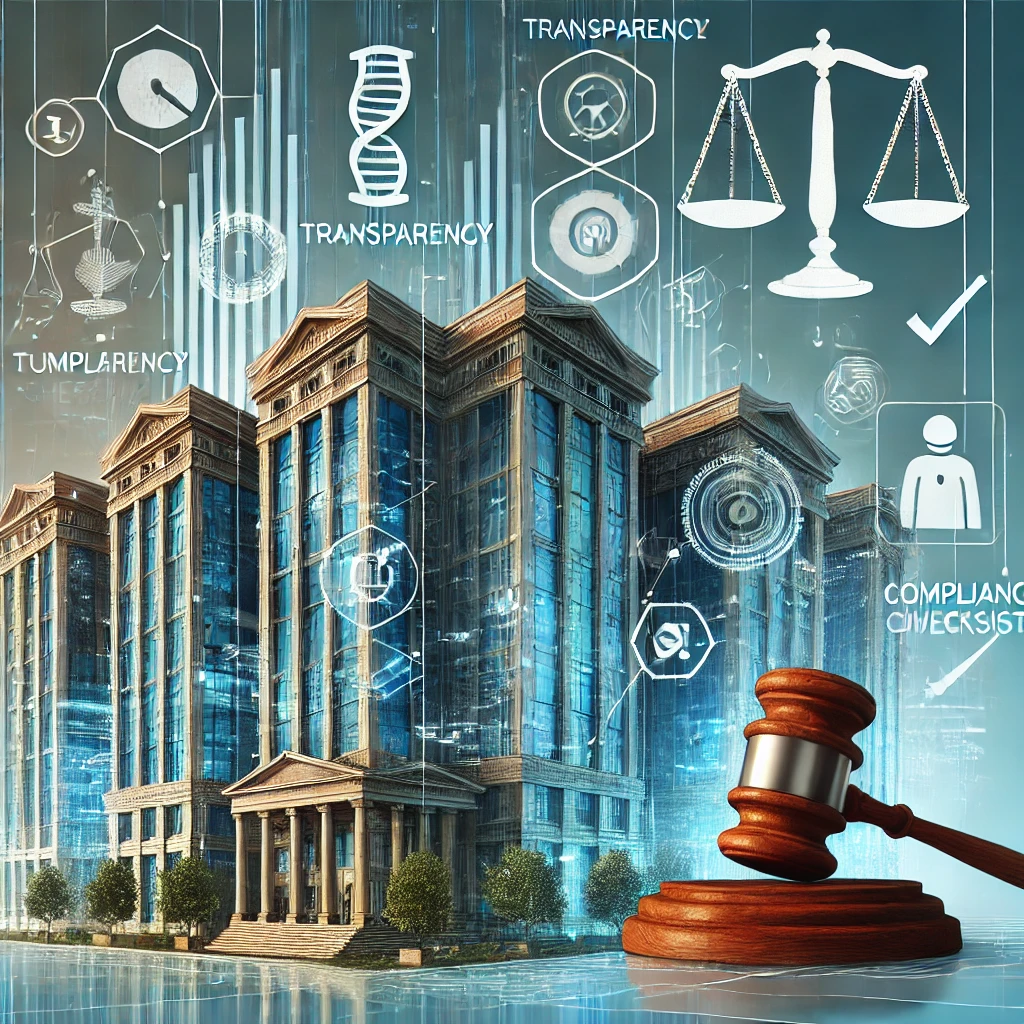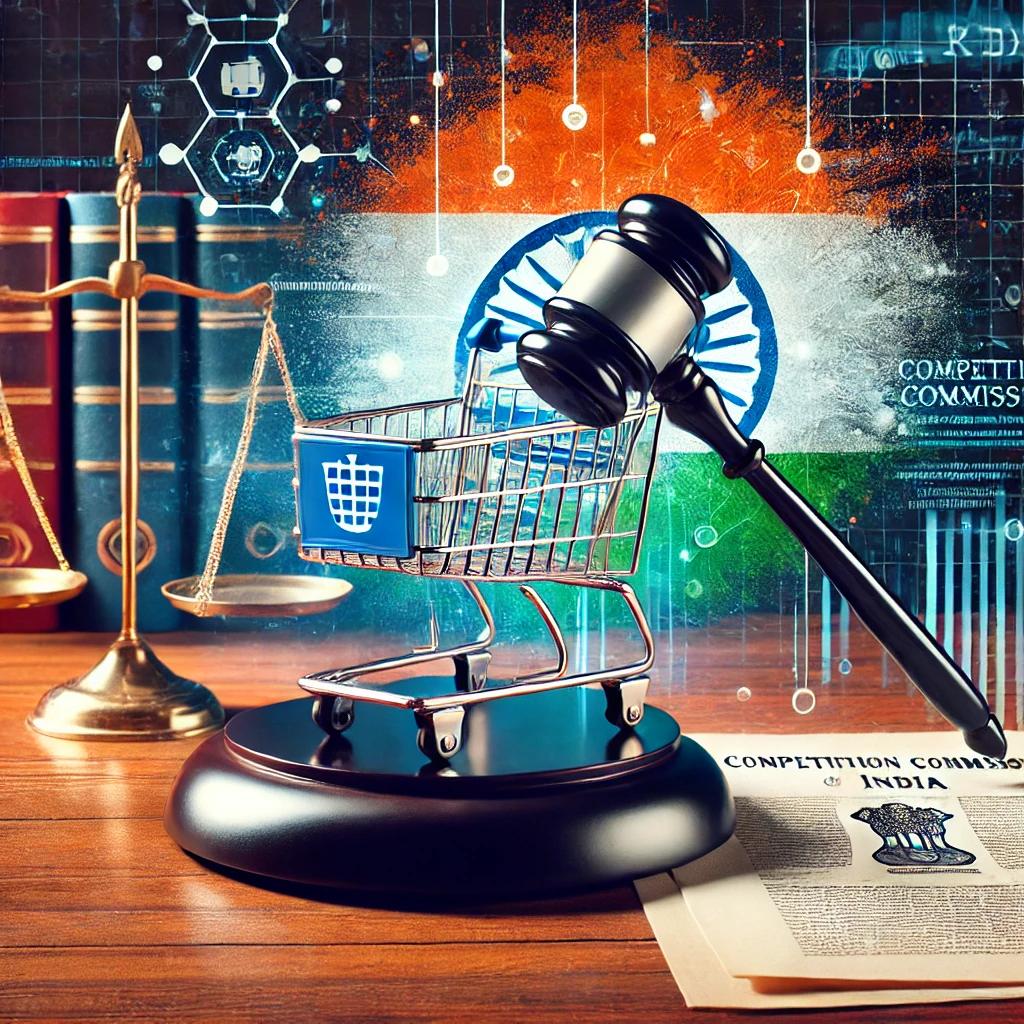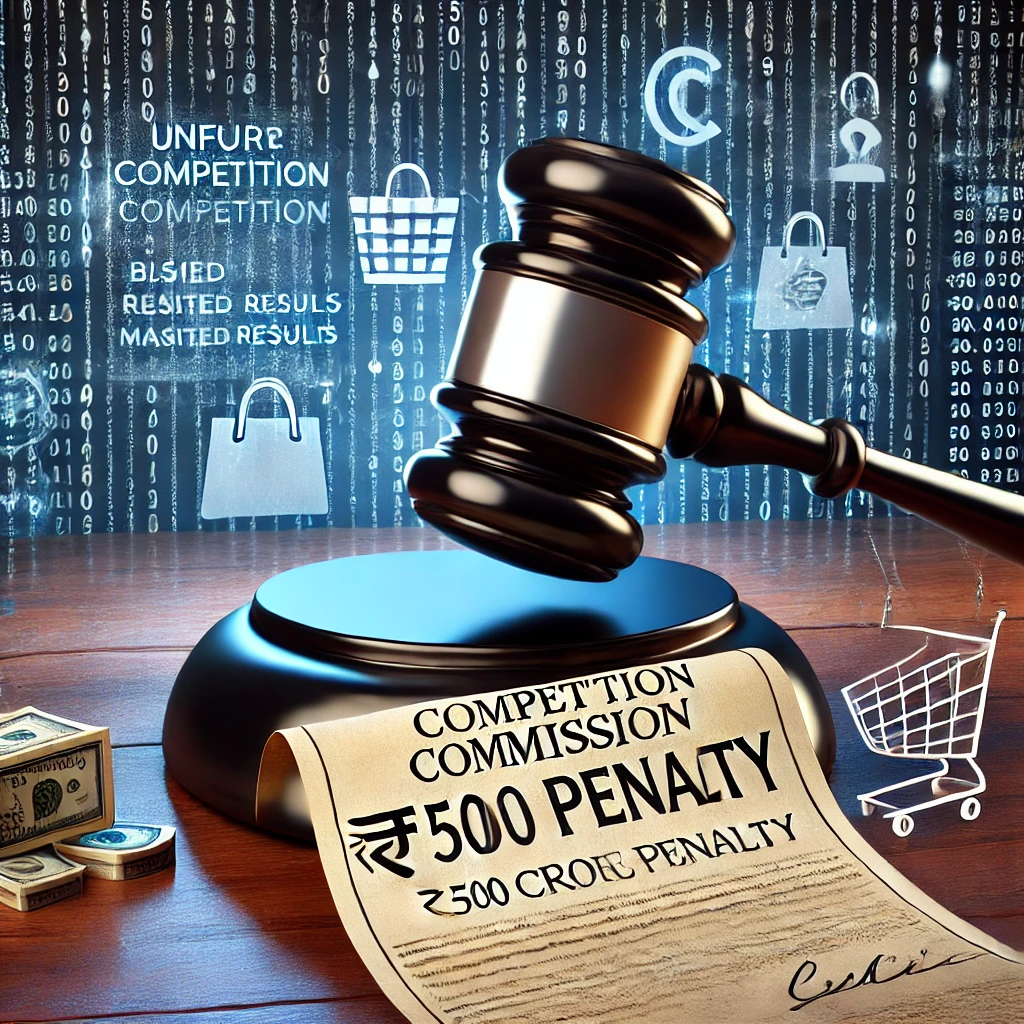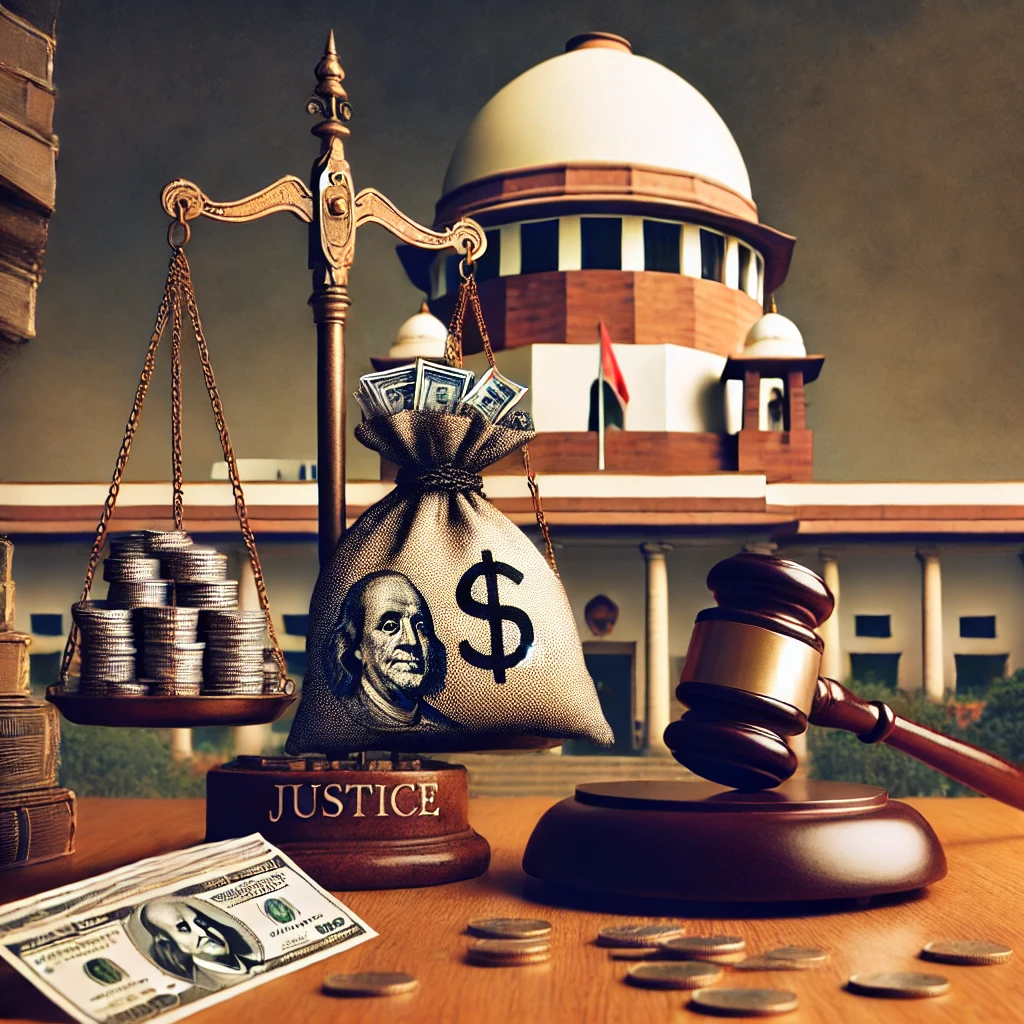Business Law in North Korea
Business law in North Korea is quite distinct from most other countries, given its unique political and economic environment. North Korea is a totalitarian state with a centralized economy that heavily controls business activities. The legal framework for business in North Korea is influenced by the government’s political ideologies and its focus on state control over economic activities.
Here are some key points to understand about business law in North Korea:
1. State-Controlled Economy
- North Korea operates primarily under a command economy, meaning that most industries and businesses are owned and operated by the state. Private ownership is extremely limited, and most economic decisions are made by government officials.
- While there has been some limited market liberalization in recent years (especially for small-scale private businesses and informal markets), the state still controls key sectors like mining, manufacturing, energy, and heavy industries.
2. Legal Framework
- North Korea's business and economic laws are influenced by its political system, with a focus on Juche ideology, which emphasizes self-reliance and state sovereignty.
- The country has a Socialist Constitution and various economic and trade laws, but these laws are largely shaped by the Workers' Party of Korea (WPK). Business laws are often used as a tool for promoting the state's political and economic goals, rather than to protect private enterprises or ensure market competition.
3. Foreign Investment
- Foreign direct investment (FDI) in North Korea is heavily regulated and generally only allowed in specific sectors or joint ventures with state-owned enterprises.
- Foreign businesses seeking to invest in North Korea must often partner with a local government entity or state-owned enterprise, and operations are usually subject to close supervision by the government. There are few legal protections for foreign investors, and the business environment is seen as high-risk due to the country’s unpredictable political climate and the lack of a transparent legal system.
- The Special Economic Zones (SEZs) in cities like Rason and Kaesong are areas where foreign companies can invest with slightly more freedom than elsewhere in the country, but even within these zones, the government exercises considerable control.
4. Private Business and Informal Economy
- While most industries are state-run, small-scale private businesses (often referred to as the “market economy”) have emerged in recent years. These businesses typically operate informally and are not fully legalized, although they are often tolerated by the government.
- These businesses operate mainly in sectors like retail, food services, and small-scale manufacturing. However, they face constant government scrutiny and could be shut down if the authorities deem them politically or economically problematic.
5. Legal Protections and Enforcement
- Property rights are extremely limited in North Korea, and businesses do not have the same legal protections that are common in capitalist economies. The government can seize assets at any time, and there is no independent judiciary to uphold contracts or resolve business disputes fairly.
- The legal environment is highly unpredictable, and rule of law is often secondary to political considerations. This makes business ventures in North Korea very risky, as decisions made by the ruling party or government can change suddenly without warning.
6. Labor and Employment Laws
- Labor in North Korea is generally state-controlled, and workers are assigned to various jobs by the government. The country has a system of centralized labor allocation rather than a market-driven approach.
- Wages are typically very low, and labor unions are controlled by the government, making them less effective at representing workers' rights.
- In some areas, businesses can hire workers on a more informal basis (e.g., in private markets or small businesses), but the government sets strict quotas for workers in various sectors, and labor rights are subordinated to state policies.
7. Trade and Commerce
- International trade in North Korea is limited, with strict sanctions placed on the country by the international community due to its nuclear weapons program and human rights record.
- The government has an interest in promoting trade with select countries, especially China and Russia. Businesses in these sectors are often state-run or closely monitored by government entities.
- Trade agreements are often negotiated between the North Korean government and foreign entities or governments. Again, these arrangements typically favor the interests of the state rather than the interests of foreign investors.
8. Intellectual Property and Innovation
- Intellectual property rights (IPR) are not enforced in North Korea in the same way they are in other countries. Patents, trademarks, and copyrights are not guaranteed protections in the country, as the state controls most innovation and research.
- Since the government retains control over most industries and enterprises, the concept of IP ownership is largely irrelevant in practice for businesses operating within North Korea.
9. Regulatory and Tax Environment
- North Korea has a centralized tax system, with taxes largely intended to support the state’s budget. The country has few regulations that protect private enterprises or ensure a level playing field, and businesses typically face heavy bureaucratic control.
- There is also little transparency in how taxes are levied or collected. Businesses that operate in North Korea, especially foreign ones, may encounter arbitrary taxation or fees imposed by government officials.
10. Economic Reforms and Future Outlook
- North Korea has made some efforts to reform its economy in recent years, with limited market liberalization and reforms meant to attract foreign investment. However, these reforms are often slow-moving and heavily controlled by the state.
- The long-term viability of North Korea’s economic reforms is uncertain, and the country’s business environment remains one of the most isolated and restrictive in the world.
Conclusion:
Business law in North Korea is deeply intertwined with the country's authoritarian regime and socialist economic policies. Most businesses are state-controlled, with limited space for private or foreign enterprises. Foreign investment is highly restricted and typically requires partnerships with state-run entities. Legal protections are minimal, and the country’s unpredictable political environment makes business activities extremely risky. For most foreign businesses, North Korea remains an unlikely destination for investment due to the lack of transparency, legal recourse, and high political and economic risks.




























0 comments